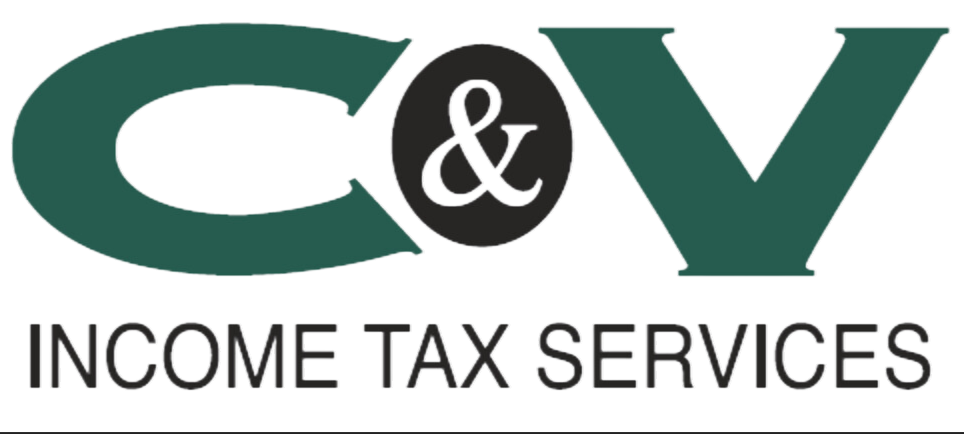UNDERUSED HOUSING TAX (UHT)
FILE YOUR UHT RETURNS!
Soaring property prices leading to Canadians struggling with housing affordability has had a significant impact on the Canadian housing market. To address these concerns and encourage the efficient use of residential properties, the Canadian government introduced the Underused Housing Tax (UHT) The intention behind the UHT is to deter speculative investment or hoarding of properties, which has contributed to housing shortages and increased prices. Unfortunately, it will also impact owners of certain Canadian properties. We have compiled information to help you determine if you need to file a UHT return.
Do you own residential property?
The first question to ask yourself is whether or not you are legally on the title for any Canadian residential properties, which, for UHT purposes, is defined as :
- Detached houses
- Duplexes & triplexes
- Laneway houses & coach houses
- Cottages, cabins and chalets that arenot for commercial use
- Semi-detached houses
- Residential condominium units
- Rowhouse units or townhouses
Beware: Be aware of situations where you may not consider yourself to be an owner of the property, but your name is on the title. A common example of this includes co-signing to help your child with their first house or being put on the title of a property owned by a parent for estate administration purposes.
Are you an affected owner?
Under the UHT rules, an affected owner is generally the title holder of the residential property under the applicable land registration system. However, life tenants, life leaseholders or a person that has continuous possession of the land on which the residential property sits under a long-term lease may also be considered an affected owner.
Affected owners of a residential property under the current rules include but may not be limited to:
- Privately held corporations that are incorporated in Canada (even if all shareholders are Canadian)
- Corporations incorporated outside of Canada
- Individuals who are non-residents (and aren’t citizens or permanent residents of Canada)
- Partnerships (any partners identified in the land registry system would be affected owners)
- Trustees or trusts (subject to some exceptions), including bare trusts.
Are you an excluded owner?
If you did own property, determine if you are an excluded owner. Excluded owners are exempt from filing a UHT return.
The most common type of excluded owner is a Canadian citizen or permanent resident. But, you lose that exemption from filing if you are:
- An owner in the capacity as a trustee of a trust - meaning you legally own it for the benefit of someone else.
- A partner of a partnership.
Beware: A partner in a partnership might sound inconspicuous, but it encompasses more owners than you may think.
For instance, do you Airbnb the spare room in your family home? If the related business income is split between you and your spouse, you may have a partnership with your spouse and need to file a UHT return.
WHEN AND HOW CAN YOU ASSERT AN EXEMPTION?
An affected owner is liable for the UHT unless they’re eligible to claim an exemption based on:
- Location and use of the property
- Availability of the property
- Occupant of the property
- Type of owner
Affected owners must file their UHT returns to claim the exemption. Furthermore, the owner must keep sufficient evidence to support the exemption or the CRA may deny it.
WHEN IS THE FILING DEADLINE FOR UHT?
UHT is due by April 30th of each calendar year. The only exception to this rule is for the 2022 year which had the deadline extended to April 30, 2024.
Penalties and interest will be waived if CRA receives the return and amount owing by April 30th each year.
WHAT ARE THE PENALTIES FOR NOT FILING UHT?
There are significant penalties if you fail to file an annual return when it is due. Affected owners who are individuals are subject to a minimum penalty of $5,000. Affected owners that are corporations are subject to a minimum penalty of $10,000. For more information, refer to Underused Housing Tax Notice UHTN3, Filing a Return and Paying the Underused Housing Tax.
NOT SURE IF YOU SHOULD FILE UHT OR NOT?
Contact CRA at 1-800-959-8281 and ask for a UHT ruling, it will be specific to your circumstances.
NEED HELP FILING A UHT RETURN?
We are here to help navigate you file your UHT. Fill out the UHT worksheet and let us do the rest. You can submit the worksheet with your tax return or at a different time, they are not filed in conjunction.
